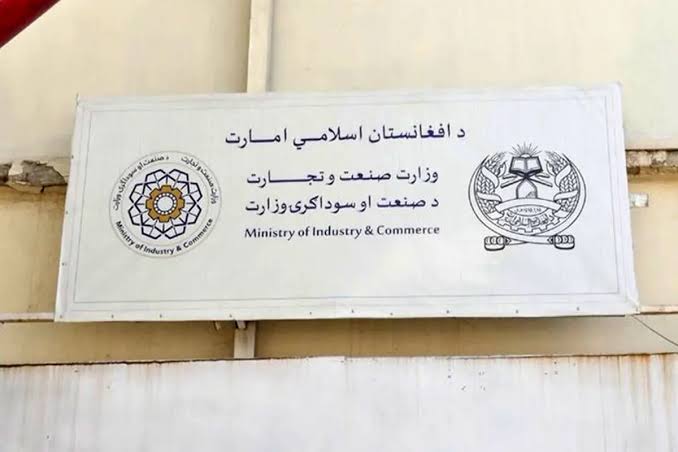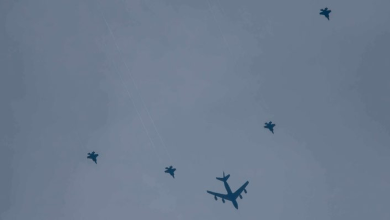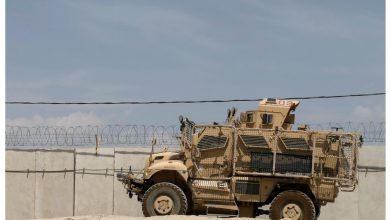Afghanistan’s Protest Against U.S. 10% Tariff: Threat to Economic Growth and Damage to Working Women
Kabul–The Ministry of Industry and Commerce of Afghanistan has officially reacted to the imposition of a 10% tariff by the United States on Afghan imports, calling it a "blow to the nascent economy and a threat to the livelihoods of businesswomen." This decision has been made at a time when Afghanistan, as a landlocked developing country and a member of the World Trade Organization (WTO), previously enjoyed tariff exemptions for its exports to the U.S.

Weezharoz–The Ministry emphasized that this tariff would particularly impact startups, handicrafts (such as carpets and dried fruits), and working women who play a significant role in exports.
According to statistics, Afghanistan exported only 5.7 million worth of goods to the U.S. in 2023, but the actual volume of informal trade is estimated to be as high as800 million.
Afghanistan is heavily dependent on imports of tools and technology from the U.S. for infrastructure development.
Previously, these items had a zero-percent tariff, but now the increase in costs could disrupt the development process.
Economic analyst Ismail Zadran warned that this tariff would lead to higher prices for Afghan export goods in the U.S. market and reduce demand.
He added that local producers might be forced to cut jobs or shut down their businesses.
Azarakhsh Hafezi, the former head of the Afghanistan Chamber of Commerce, stated that this decision not only threatens businesses but could also encourage countries like India and China to impose similar tariffs.
The Ministry of Industry and Commerce has urged the U.S. and other countries to adopt a supportive and constructive approach to create a fairer trade environment.
The Ministry stressed that Afghanistan needs international cooperation to play a role in global trade.
Previously, Afghanistan benefited from tariff exemptions in U.S. and EU markets due to its status as a Least Developed Country.
However, with the return of the Islamic Emirate to power, these privileges were revoked.
According to World Bank reports, Afghanistan’s exports declined by 14% in the first nine months of 2024, partly due to increased tariffs imposed by Pakistan.
These tariffs come at a time when Afghanistan is facing multiple challenges such as international sanctions, infrastructure shortages, and political instability.
Experts warn that without a revision of global trade policies, Afghanistan could be pushed to the margins of the global economy.
Weezharoz




